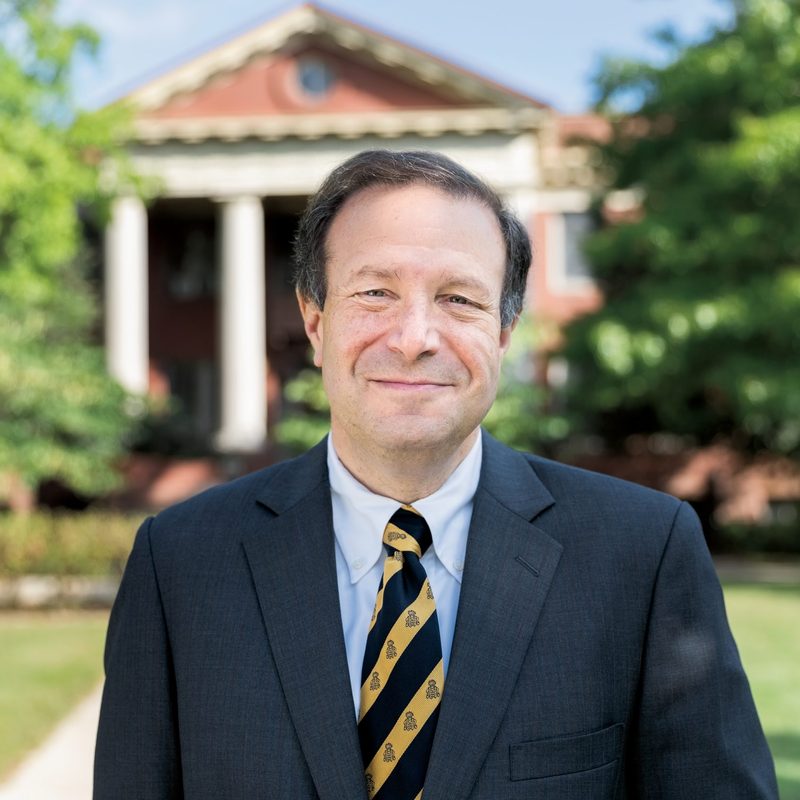
This is not the column I envisioned writing when planning for this issue of the Voice began. Events have a tendency to overtake our feeble plans, though, teaching us what is truly important and what demands our personal attention and institutional action.
Our community is reeling from witnessing the all-too-familiar horror of a Black man, George Floyd, killed at the hands of police who should be serving and protecting the populace. In confronting and working to eradicate the racism inherent in this act and society at large, we all have an enormous opportunity to grow and to evolve for the better as individuals and as a college. And if we are to adhere to our shared values and mission, there is no choice but to grow and evolve.
Beyond the personal reflection and action that is incumbent on those of us of who are vested with various kinds of privilege, the college is embracing the necessary work of rooting out institutional racism and building in its stead a Carleton that is faithful to its highest aspirations and genuinely inclusive for all students, faculty, and staff. Platitudes and good intentions will not suffice; our community and the broader world justly expect results and will properly hold us to account.
Thanks to a series of urgent and honest conversations, we have already begun to identify ways Carleton can address the on-campus needs and righteous expectations of Black students. As a first step, and beginning fall term, we will require anti-racism training for all incoming and current faculty, staff, and senior administrators, as well as key alumni volunteer leaders. Security Services staff will also undergo mandatory anti-racism training to help ensure respectful interactions with every student, visitor, and community member. And we’re set to expand our efforts to recruit Black students from a greater variety of Caribbean and African countries. As the scope of this work expands and advances, we will seek alumni perspectives and keep them informed through the Voice and our other channels.
Keeping lines of communication open is essential as the work that needs to be done—personal, institutional, national, and global—calls to us all with fierce urgency. This is why, as the college continues to engage in dialogue and self-examination, and undertakes corrective actions to enhance equity, we need to hear from a diversity of alumni voices and draw on alumni support. We need to bear witness to, learn from, and take action based on both those whose experiences here were not all they should have been, as well as those whose life trajectories were shaped for the better by their Carleton experience. And we must remember that those are not mutually exclusive categories or groups. The students and alumni who are demanding change at Carleton are already helping point the way forward.
We cannot leave the work of eradicating racism to any one group in our community, of course, nor can it be a purely academic undertaking. All of us must educate ourselves, which involves acknowledging and rooting out the ignorance and biases in our own personal experiences and private lives. Each of us has a responsibility to learn about the history of white supremacism in the United States. Each of us who loves Carleton needs to better appreciate the perspectives of Black voices, Indigenous communities, and every person of color on campus and beyond. And then, together, we must take concrete steps to correct the injustice and racism that surrounds (and too often lives within) so many of us. Only then can our entire community be true to its best, most aspirational self.
I am inspired by the students and alumni who are sharing their perspectives and insights, calling out hypocrisy and injustice, and demanding—and helping to make—progress. Your energy, honesty, idealism, and underlying love for Carleton will help us achieve what we must do.
—Steven G. Poskanzer
